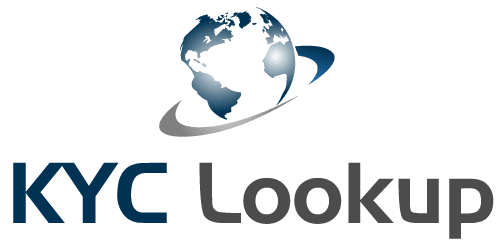20 Sep The Critical Step Service Providers Can No Longer Ignore
Introduction to Sanctions and staying in Compliance
The modern-day socio-economic have been marked by unprecedented changes in law which has undeniably required for service providers to implement a robust sanctions programs. With each passing day, abiding by global sanctions is turning largely problematic, primarily owing to the lack of guidance in the regulatory ecosystem. While comprehensive sanctions has drawn widespread criticism for violating humanitarian ethics and impacting lives of innocent civilians, targeted or sectoral sanctions policies too are jeopardized due to jurisdictional ambiguity. Sanctions lists undergo numerous revisions literally on a daily basis, the frequency with which companies, countries or individuals are included or excluded has led to greater unpredictability. Moreover, as governmental bodies display increasing inclination towards sanctions compliance, the number of sanctioning authorities too is well and truly on the rise, further intensifying the current situation.
Sanctions Screening: Objectives, Types and Impediments
An effective screening program essentially forms the backbone of an ideal sanctions compliance infrastructure. However, mere screening happens to be only the preliminary step in sanctions compliance. When screening an individual or legal person and the result generates an alert, the concerned result must be reviewed and assessed to ensure Anti-money Laundering (AML) Laws are not being breached. One of the reasons sanctions screening is so multifaceted is the fact that sanctions provisions practically apply to all business activities, including third parties, joint ventures, merger and acquisition candidates, subcontractors and distributors, brokers and agents, amongst others at the time of initial onboarding and during the lifespan of the relationship.
Name Screening
The multidimensional attributes of sanctions screening have led to prevailing complications across regulated sectors. While Name Screening involves matching concerned internal records against a sanctioned list record, modern Organizations have resorted to the more sustainable Batch Screening to identify and verify an entire group of customers, vendors and associated parties. The said Screening techniques are undisputedly compatible with large customer bases. However, the Screening process often fails to attain its goals if not executed in real-time, specifically prior to the acceptance of new customer relationships.
Payments Screening
In contrast to Name Screening, Payments Screening verifies payments messages using predetermined codes, templates and acronyms that are primarily provided by third parties to decode information. A vital cog in Entry Control Systems, it is an integral aspect of Sanctions Due Diligence (SDD). However, it is to be noted that screenings which are ex post in nature inevitably fail to stop payments to sanctioned entities. This further reaffirms the need for human interaction, vision and discretion since, due to the complex nature of third parties, organizations often lack the control over the way data is being presented and analyzed and “hits” discounted.
The Programmatic Protocol
Programmatic Sanctions Screening resolves many of the prevailing issues in traditional screening processes. Programmatic Sanctions Screening Solution is a distinctive program, designed to offer a sophisticated compliance structure. Programmatic Sanctions Screening is particularly relevant in the present era since the tedious and erroneous procedures of manual screening lack feasibility. Programmatic sanctions Screening software offers greater sustainability for emerging businesses. A typical programmatic sanctions screening software essentially provides access to all major sanctions issuing bodies and is also capable of fuzzy matching. This ensures minimum threshold limits, optimizing auditability. Overall, programmatic sanctions screening generates a time-bound system of record-keeping and decision-making that is pivotal for financial services and regulatory bodies.
Mitigating Technological Glitches
Despite the merits of Programmatic Sanctions Screening, it is not free from potential hindrances. This is particularly relevant in the case of List Screening that is carried out through a Programmatic sanctions Screening Software. Occasionally, this is thwarted by the issues posed by the Inequalities Lists. These lists, unlike external vendors, are prepared by service providers such as financial institutions. The objective of the creation of such lists is to reduce the number of parties that could be potential matches to designated names. Once flagged or categorized as untrue positive data, the software solution would identify and block similar patterns in future. By nature, an Inequalities List is essentially a catalogue of words or names often mistaken by computerized screening tools as matches to targets on sanctions list. Such terms are generally verified by the Organization`s sanctions compliance teams as not matching with the designated names. Addition(s) to the Inequality List often indiscriminately imposes this “inequality” on all future screened instances, thereby reducing the likelihood of a true match. While Inequalities Lists can be trusted in the case of static customer information having superior data quality, it could prove to be inaccurate or superficial in the case of inadvertent third party errors, thus erroneously eliminating potential matches. Due to such impeding factors, it stands highly imperative to complement Inequalities List(s) by improved control mechanisms, such as Dual Control Methods and Periodic Reviews to eradicate any potential mistakes.
The Ice-Breaker: Ways to Decode and Battle the Predicament
Besides the issues in screening protocols, the jeopardy in sanctions are also attributed to other threats, such as the US Extraterritorial Rule, the countering Blocking Statutes, the prevalence of sophisticated kleptocracy, amongst others. The need to update Screening compliance programs is also reinforced while dealing with the Politically Exposed Persons (PEPs), especially with respect to temporary administrative tenures or renouncing of public responsibilities, powers or authority. It is essential to understand the suitable context of screening and decipher sanction exceptions with regard to waivers and licenses. Equal precision is required while dissecting Adverse Media Reports, especially if analyzing insights from both traditional structured and unstructured sources, looking through False Positives and conforming to various global sanctions regimes. Such diligence stands cardinal in realizing and materializing the scope and mission of screening in the most holistic manner.
An Online Course to suite your Screening needs
The AML/KYC service provider KYC Lookup provides a one-stop solution in offering a thorough and advanced academic and professional online course on the diverse layers of AML/CFT screening. The course explores widespread subjects, such as the types and scope of screening, the nature of sanctions, Adverse Media Reports, Global Sanctions Regimes, Waivers and Licenses as well as False Positives and PEPs in a way which is logically easy to understand. The modules provide highly convenient self-paced orientation that is compatible with various devices like desktop, laptop, tablets, smartphones, amongst others.
KYC Lookup Online Curriculum
Validated by essential recaps and evaluative quiz at the end of the course, all KYC Lookup courses are meticulously designed as on-demand and online courses, enriched with material and visual illustrations. When required the course participants can receive guidance from our in-house professionals. On successfully completing the AML online course, the participants will receive a digital certificate which they will be able as evidence of their knowledge and commitment to the subject. All KYC Lookup courses designed for professionals in roles such as Consultants, Project Managers, Operational Associates as well as new entrants in regulated sectors, expressing a keen interest in topics like AML Compliance, KYC, Client Onboarding, amongst others.



No Comments